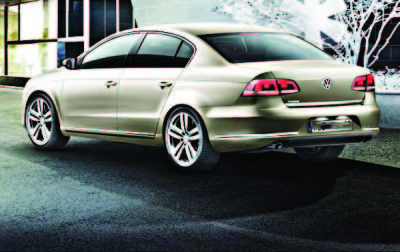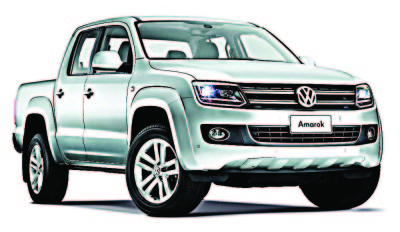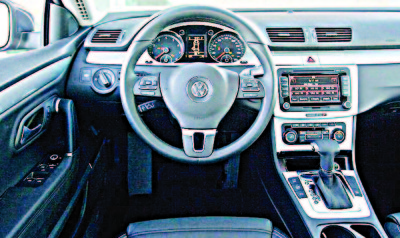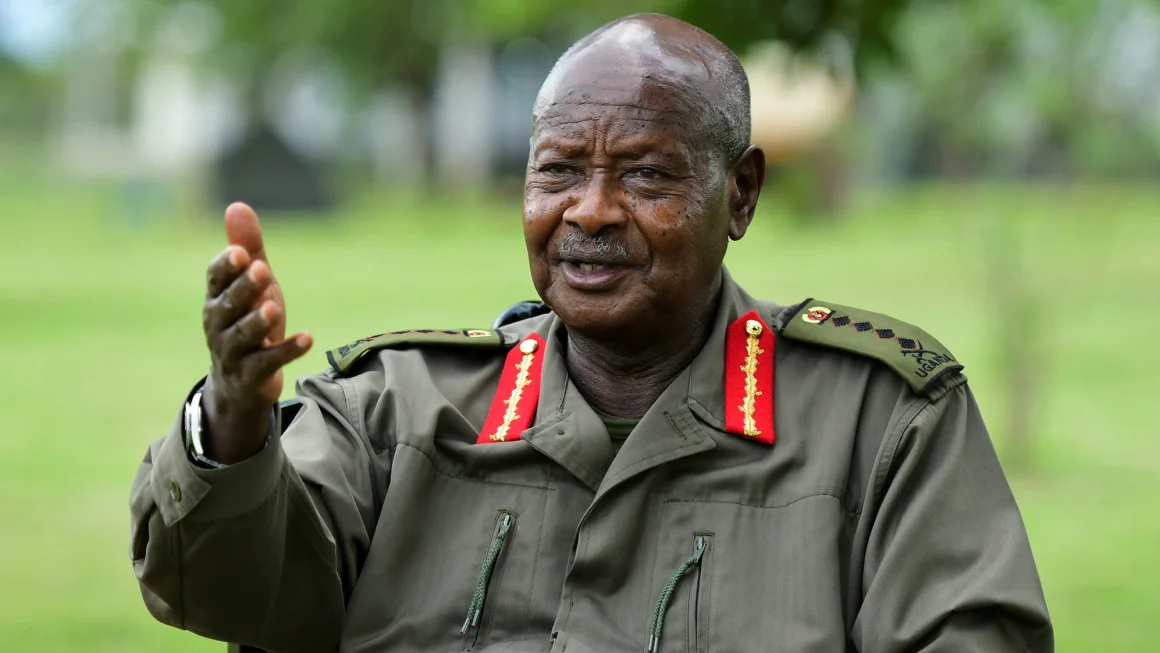

YEARS after vehicle assembly operations got suspended by Volkswagen of Nigeria Ltd (VON), the firm on Tuesday, unveiled brand new Jetta, CC and Amarok models to kick-start full operations in Nigeria.
Stating its commitment to provide customers, particularly Nigerians with not only the right but also consistently the best choice while ensuring that the Nigerian automobile market becomes viable, the official representative of Volkswagen in Nigeria, Stallion group said that it would continue to work harder to make sure that cars become affordable in Nigeria.
Speaking at the event, Chairman of Stallion group Sunil Vaswani said: “This is a great moment for Stallion in partnering with a world leading global brand like Volkswagen.
We are immensely pleased to bring back the proud legacy of Nigeria automotive industry – the Volkswagen brand that once was indigenously produced at the same premises.” According to him, Stallion is committed to investing and expanding its operations in the automotive value chain across multiple global brands and paving the way for Nigeria to establish itself as a regional leader in the automobile eco system.
The Director-General, National Automotive Council (NAC), Aminu Jalal, in a speech delivered by the Executive Director, National Automotive Council, Lukman Mamudu at the event commended the efforts of the organisation, saying, “we delivered and they also delivered” Jalal said the automobile industry is a great tool for industrial development in any nation, particularly in a developing country like Nigeria, stating further that the initiative would drastically reduce unemployment problem in Nigeria.

According to him, the development in the automotive sector would enable Nigeria to create employment, acquire technology for industrialization and reduce pressure on the country’s balance of payment position resulting from escalating vehicle import bill. Jalal stated: “The response to the policy has exceeded our expectations. Nissan, Hyundai, Kia, Peugeot and Renault vehicles are now assembled locally.
Toyota, Ford and many others are concluding their feasibility studies with a view to setting up assembly operations. Our focus has accordingly shifted to the development of local content.” Leader of the Volkswagen Group delegation from Germany, Ratz Wolfgang, noted that the event marks the revival of the assembly of Volkswagen vehicles in Nigeria, stressing that Volkswagen has returned to Nigeria to continue a long history that began in the 1970s.
As the largest market in Sub Sahara Africa, Wolfgang noted that Nigeria remained strategic to the firm as Volkswagen seeks new opportunities to expand its market reach across the globe.
“We are certain that further growth is possible, which is why Volkswagen is constantly searching for new opportunities to increase global market and sales potential and we appreciate the fact that we are able to strengthen our business relationship with our professional partner Stallion,” he said.






